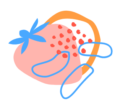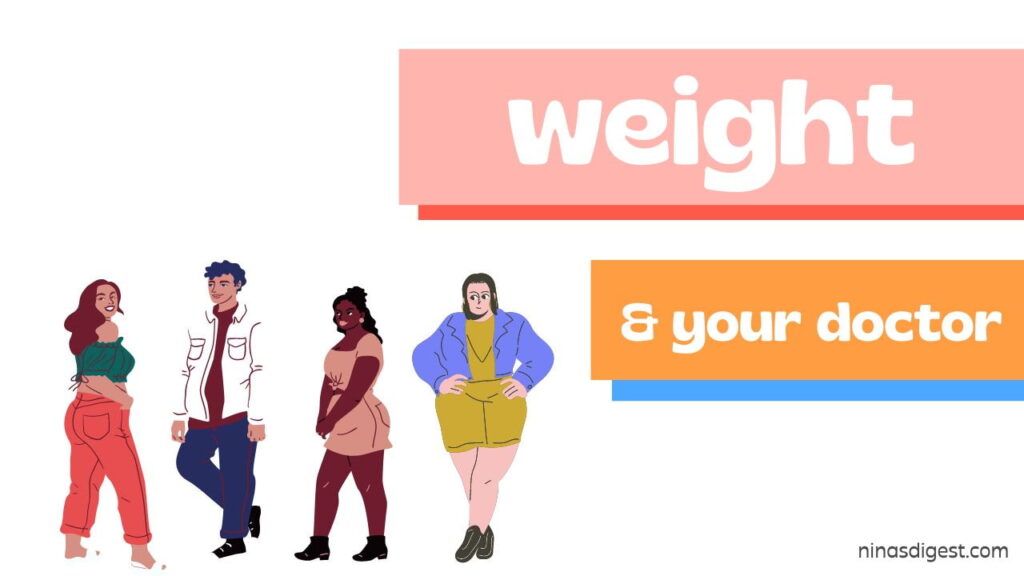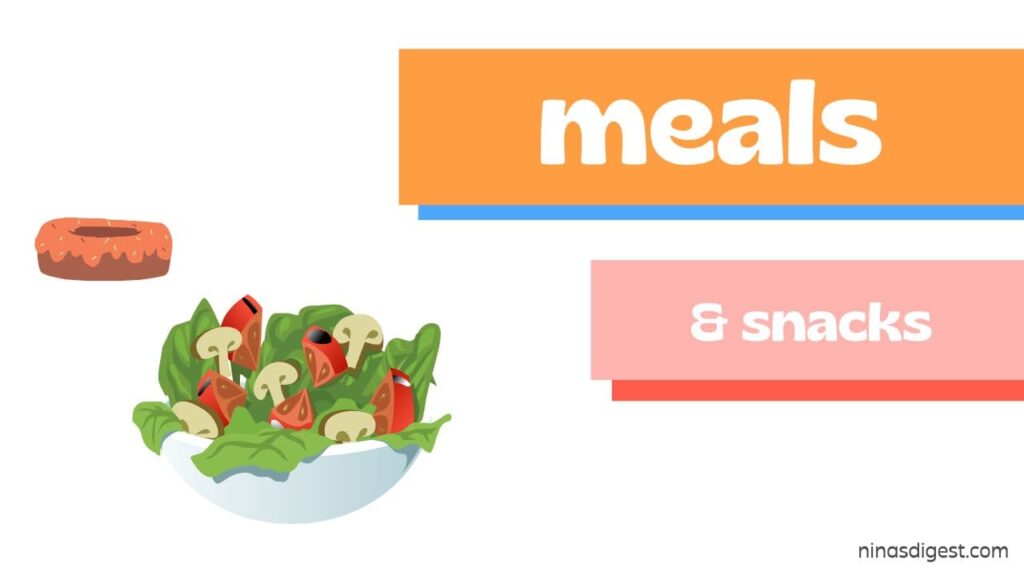Binge Eating Disorder (BED) is the most common eating disorder among people in the United States. So why is it so hard to find good books in binge eating? We’ll get into that in a bit. First, let’s start with a brief introduction into BED.
Table of Contents
What is Binge Eating?
Binge eating disorder is a condition that involves the perceived “loss of control” over the act of eating. Those of us with binge eating disorder experience recurring episodes of consuming larger amounts of food than we normally would.
Often, binge eating disorder gets lumped into one category with bulimia. However, bulimia nervosa is categorized by these similar episodes of eating larger amounts of food than we normally would FOLLOWED BY a compensatory behavior for the overeating.
These compensatory behaviors might include vomiting, using laxatives and diuretics, restriction following a binge, over-exercising, or a combination of these behaviors. This is where binge eating differs from bulimia nervosa – binge eating is typically not followed by these compensatory mechanisms.
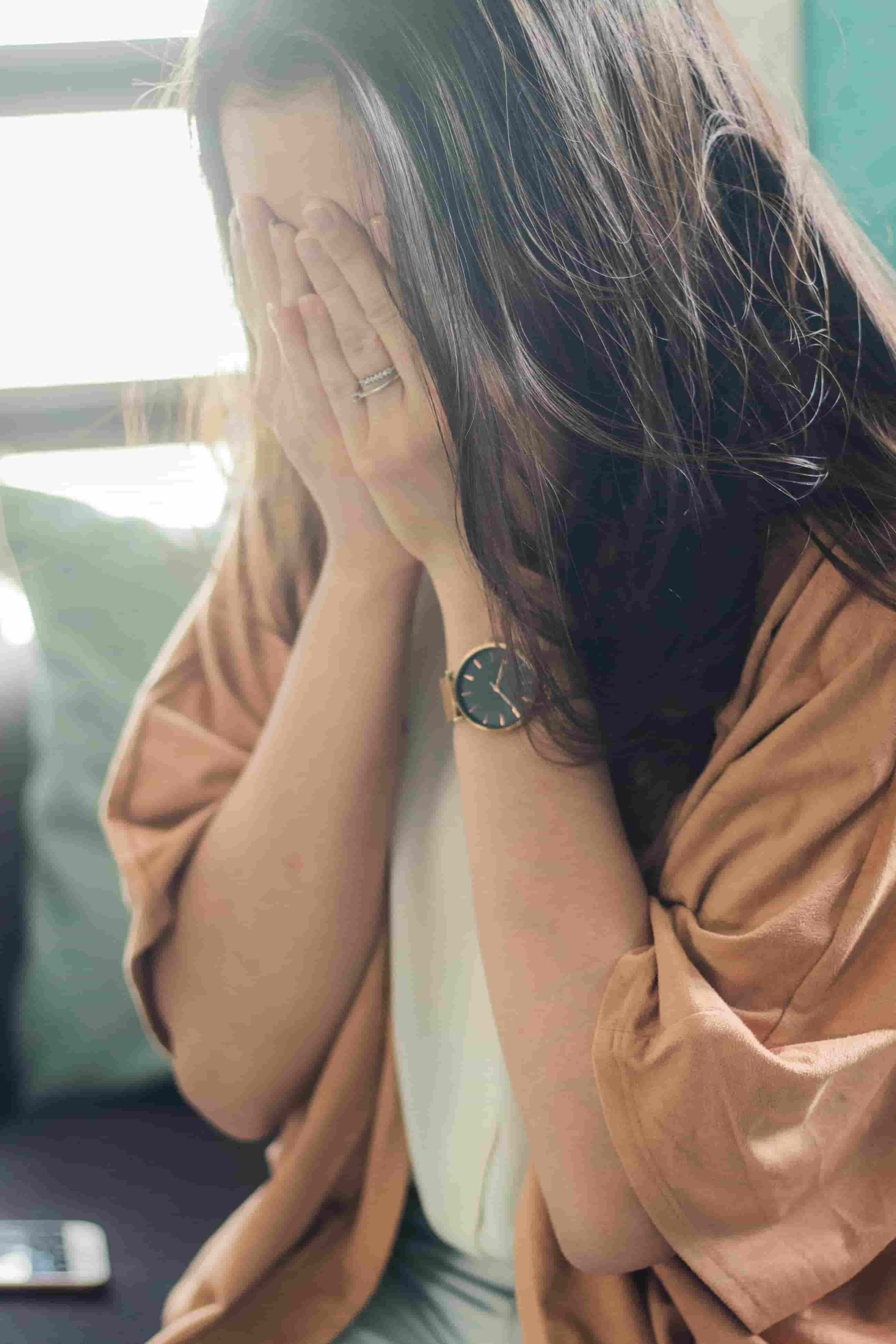
Do You Have Binge Eating Disorder?
Unsure if you have binge eating disorder, another type of eating disorder, or maybe disordered eating habits?
While these resources below are extremely helpful and can provide tremendous support, sometimes you need more. Of course, it’s important to note here that absolutely nothing can replace the help of a professional.
There are some amazing therapists, social workers, and registered dietitians out there who can help. The National Eating Disorders Association is a great place to start.
Common Symptoms of Binge Eating Disorder
But what about those of us who are dipping our toe into the pool and questioning if we have an issue with binge eating? Here are some common symptoms of BED:
- Deciding to eat a large amount of food when you aren’t hungry – often for reasons that you can’t identify
- Eating much more quickly than your “normal” pace
- Frequently eating to the point where you feel very uncomfortable
- Often choosing to eat alone out of embarrassment
- Experiencing feelings of shame, distress, and/or guilt associated with food intake
What I’d Like to To Take Away Here
If you take anything away from this blog post, let it be this: the shame and guilt associated with binge eating disorder is so, so common.
There are many reasons for this. Personally, I believe that one of the most damaging, dangerous reasons for the shame is that we don’t TALK about binge eating. I can’t remember who said this (was it Brene Brown?), but I once read that shame can only exist in a vacuum.
I think that is exactly correct. Shame can only exist in silence– our shame wants us to keep the “shameful thing” a secret. That is the only way that the cycle of doing the behavior and then feeling the shame can continue to thrive.
Maybe you have people and professionals in your life that you feel comfortable sharing these experiences with. Maybe you don’t. No matter what your situation is, I am of the belief that we can ALWAYS use additional resources to help us on our path.
The importance of being kind to yourself and moving on after you feel like you’ve “lost control” around food cannot be overstated.
Acknowledge that these behaviors are actually coping mechanisms and that they are okay. They don’t make you a bad person and they can be changed, whenever you decide that you want to change them. It’s a completely normal response to restriction, and it doesn’t have to always be this way.
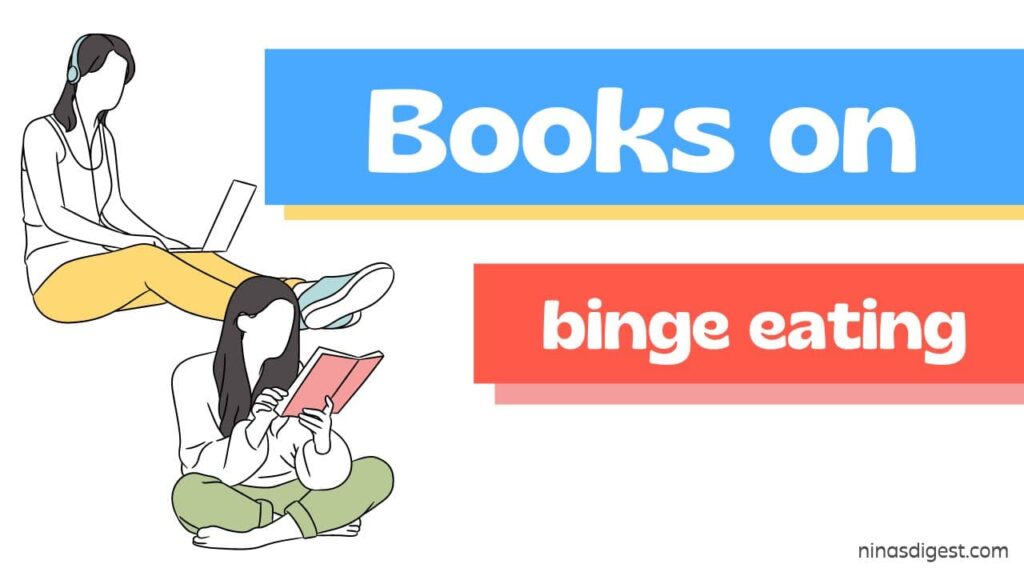
Books on Binge Eating: What’s Out There?
Honestly, not too much. There are very, very few books available on binge eating that I feel comfortable recommending.
Therefore, this list will include a whole host of resources from books to blogs to podcasts – some of them aren’t directly about binge eating disorder, but the information that they contain will be extremely helpful to someone who is struggling with BED.
You have to be careful when looking for resources on binge eating disorder. You’ll find many that aren’t safe for people in larger bodies, that shame readers for “overeating,” and that prioritize eating less above all else. Based on what I’ve learned, this isn’t the kindest or most effective approach to addressing binge eating disorder.
Some will tell you that you have a “food addiction,” a concept that – In the clinical space, there is no agreed-upon definition of food addiction, and it is not a diagnosis in the most up-to-date diagnostic manual (DSM-5). There is a section of the DSM-5 titled “Substance-Related and Addictive Disorders,” but this only includes gambling. In fact, “overeating” (per the clinical definition) was specifically left out of this section due to insufficient evidence.
You might be surprised at the number of books I had to leave out because they tell their readers that they can help them “maintain a healthy weight.” I would encourage you to stay away from this mindset by completely removing your weight from the conversation. Instead, place your focus on the quality of life and the experiences that you want to create for yourself.

Books on Binge Eating*: A (Very Short) Master List
*A note: None of these books appear to be about binge eating. And if you noticed this, you would be sort of correct.
That’s because the books that are explicitly written about and for binge eating disorder almost all have a component of “don’t worry, I’ll help you get to a healthy weight!”– and that’s the kind of noise we don’t need to be reading.
However, in my opinion, these are the most helpful books that can help you build a foundation of respect for yourself and your body. They introduce the concepts of body neutrality and an understanding of how diet culture, racism, and weight stigma have all impacted our attitudes towards food and our body.
Some do have portions that deal with binge eating disorder directly. Others address the thoughts, feelings, and actions that can lead to binge eating. Rest assured that any resources that I recommend to you have been thoroughly vetted to ensure that they are inclusive and validating of ALL bodies.
Books
- Anti-Diet – Christy Harrison, MPH, RD
- The Body is Not an Apology – Sonya Renee Taylor
- Intuitive Eating – Elyse Resch & Evelyn Tribole
- You Have the Right to Remain Fat – Virgie Tovar
- What We Don’t Talk About When We Talk About Fat – Aubrey Gordon
- Hunger – Roxane Gay
- A Hunger So Wide And So Deep: A Multiracial View of Women’s Eating Problems – Becky Thompson
Podcasts
- Rebel Eaters Club – Virgie Tovar
- Food Psych – Christy Harrison, MPH, RD
- Outweigh – Amy Brown & Lisa Hayim, RD
- Behind the Binge – Marissa Kai Miluk, MS, RDN, LD
- Maintenance Phase – Aubrey Gordon, Michael Hobbes
- Willing to Be Wrong – Dr. Joshua Wolrich
Social Media Resources
- @binge.nutritionist – Marissa Kai Miluk, MS, RDN – Binge eating and body image coach. Host of Behind the Binge podcast.
- @thenutritiontea – Shana Minei Spence, MS, RDN, CDN in Brooklyn – Non-diet, HAES approach
- @stephanieyeboah – Stephanie Yeboah – bio “a fat babe with opinions” body image advocate, author and journalist
- @drjoshuawolrich – Dr. Joshua Wolrich, MBBS, MRCS – NHS doctor that practices from a HAES-informed lens. Best selling author of the book Food Isn’t Medicine
- @bodyimagewithbri – Bri Campos, Body Image Coach and Educator, teaches body acceptance through the lens of grief
- @foodheaven – Wendy & Jess, RDs, CDEs – podcast hosts, non-diet nutrition and inclusive wellness. Easy everyday recipes for making peace with food
- @fierce.fatty – Vinny Welsby – Helps people unlearn fatphobia, Fierce Fatty podcast
- @streetsmart.rd – Cara Harbstreet, RD – Anti-Diet dietitian, my favorite person on the internet taking the stigma away from MSG
- @encouragingdietitian – Christyna, MS, RDN, LDN – Anti-diet, weight inclusive dietitian
- @fatmarquisele – Marquisele Mercedes AKA Mikey. Black, disabled, liberationist writer-educator.
- @bodyhonornutrition – Kimmie Singh, MS, RD, CDN – fat and fat positive dietitian, specializes in eating disorders
To Wrap Up
This is a great website to help you seek out eating disorder help: NEDA. But I also suggest you speak to your primary care provider to get a referral out the eating disorder specialists in your area.
I hope to be able to add to this somewhat sad list as I continue reading and learning. In the meantime, check out more of my inclusive nutrition resources.
